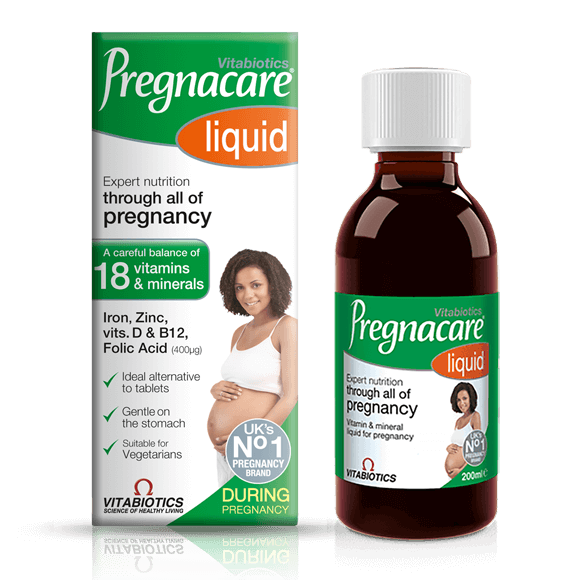Here's Our Pregnacare A-Z Guide to Pregnancy & Nutrition - The Letter M
Are you pregnant? Make sure you read our Pregnacare A-Z of Pregnancy and Nutrition, covering everything important for parents-to-be. Next, we take a look at the letter M during pregnancy
Our Pregnacare A-Z is a series of posts, one for each letter of the alphabet, designed to help you understand your nutritional needs, how they change and the best foods to choose during pregnancy and breast-feeding.
This A to Z answers many of the important questions mums-to-be have about pregnancy and nutrition. It covers everything from antenatal care through to water intake, via pregnancy vitamin supplements. You can download the full version of the guide in PDF format here.
If you have any further questions, make sure you ask your midwife or GP.
Pregnacare A-Z Of Pregnancy And Nutrition – What Does The Letter M Stand For?
Meat
What Meat Can I Eat During Pregnancy?
Meat provides protein and iron but make sure you cook all meat thoroughly (be especially careful with poultry, pork, sausages and burgers) so that there is no trace of pink or blood. Always wash hands thoroughly and clean all surfaces and utensils after touching raw meat. This will help to avoid infection with Toxoplasma, which may cause toxoplasmosis, which can harm your baby.
Make sure that raw foods are stored separately from ready-to-eat foods, otherwise there is a risk of contamination which may cause other types of food poisoning from meat including Salmonella, Campylobacter and E.coli 0157. Also make sure you use a separate chopping board for raw meats.
Menstrual Cycle
How Will Breastfeeding Affect My Periods?
Breast-feeding delays your periods returning or restarting. If you have a baby who sleeps through the night from an early age, your periods are likely to return sooner — typically in three to eight months. In other words, the more often your baby nurses, the longer it will be before you get your period again.
However, breast-feeding is not a reliable form of contraception so don’t rely on this if you want to avoid unexpected surprises!








Comments (0)